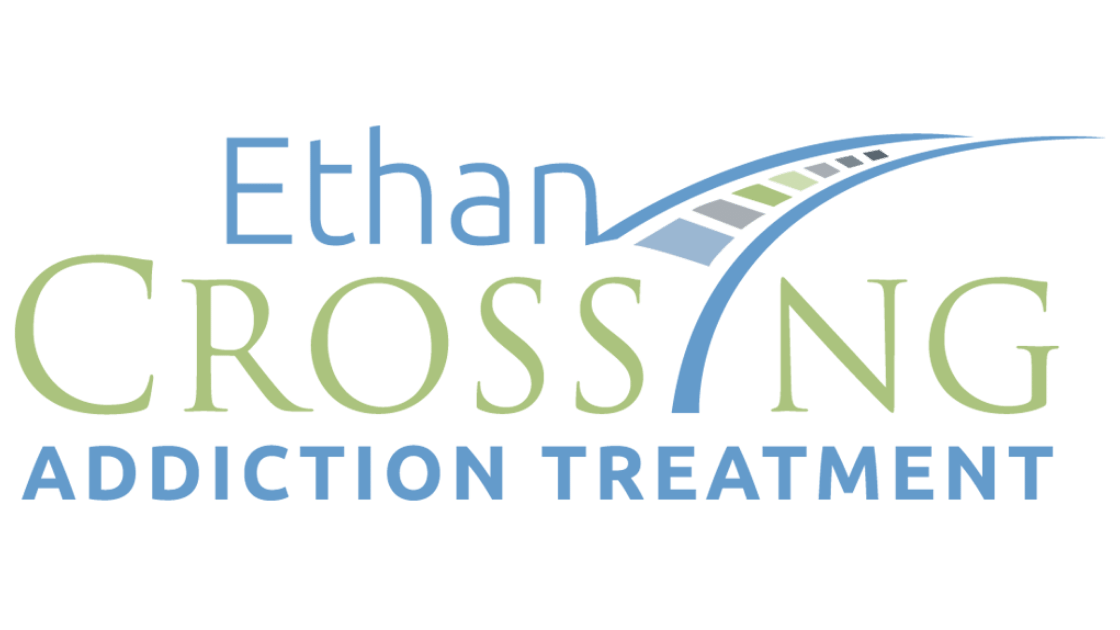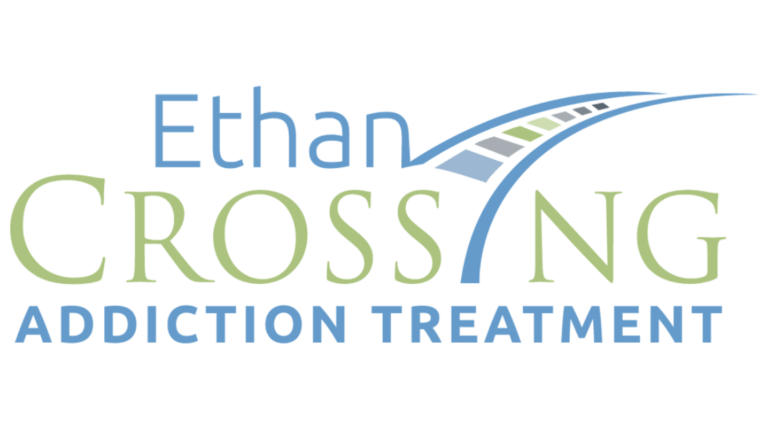While marijuana may not have the same addictive potential as other substances like alcohol or opioids, it can still lead to dependence and addiction for some individuals. Signs of marijuana addiction include neglecting responsibilities and relationships, using more and more of the substance to achieve the desired effects, and experiencing withdrawal symptoms when not using the drug. Like any addiction, marijuana addiction can have significant negative impacts on a person’s physical and mental health, leading to problems such as a weakened immune system, memory issues, respiratory issues, and increased risk of schizophrenia or psychosis. Treatment options for marijuana addiction include therapy, support groups, medication, and inpatient rehabilitation programs. It is important to remember that while marijuana may not be as dangerous as other substances, it still has the potential to cause harm and should be used with caution.
Jump To Section
The Process Of Marijuana Detoxification
The process of marijuana detoxification can vary for each person, as it depends on factors such as frequency and amount of usage, body composition, and overall health. Generally, THC (the active ingredient in marijuana) can stay in the body for up to 30 days after use. During this time, popular methods of detox include exercise and hydration to flush out the system and speed up metabolism. Certain foods such as cranberry juice and fatty fish are also believed to aid in detoxification by aiding liver function. However, it is important to remember that detox alone will not necessarily result in sobriety – seeking support from a medical professional or addiction treatment program is crucial for long-term success in recovery from marijuana dependence.
What Are The Marijuana Detox Protocols?
When someone decides to quit using marijuana, they may experience withdrawal symptoms such as mood swings, insomnia, and cravings. Detox protocols for marijuana usually involve a combination of therapy, medication, and lifestyle changes to address these symptoms. Medications like antidepressants or anti-anxiety drugs may be used to manage mood changes, while sleep aids can help with insomnia. Therapy can also be a valuable tool for addressing the emotional and behavioral aspects of addiction and developing coping mechanisms for cravings. Additionally, exercise and nutrition can play a role in improving overall physical and mental well-being during detox. While marijuana detox can be difficult, the right protocols can make the process more manageable and increase the likelihood of successful recovery.
What To Expect During Marijuana Detox
When it comes to breaking a marijuana addiction, detox is often the first step in the recovery process. While it is not necessarily a physically dangerous or painful process, it can still be difficult for those who are dependent on cannabis. During marijuana detox, users may experience physical symptoms such as irritability and decreased appetite, as well as psychological symptoms including mood swings and cravings. It is important to have a supportive environment and access to resources during this time to manage these symptoms and minimize potential relapse. It is also important to note that while marijuana withdrawal may not be as intense as withdrawal from other substances, the process can still take weeks or even months before all symptoms subside. With determination and support, however, individuals can complete marijuana detox and move on to the next steps in their recovery journey.
Next Steps After Marijuana Detox
The road to recovery from addiction is never an easy one, and many individuals who have completed detox may struggle with staying sober in their daily lives. One solution that can increase the likelihood of long-term sobriety is residential treatment after detox. In a residential program, individuals can focus fully on their recovery without distractions or temptations from their day-to-day environment. They also have access to various therapy options and support groups, helping them constantly work on their overall well-being. Additionally, residential treatment allows for much-needed structure during a person’s early sobriety, providing routine and responsibilities to help prevent relapse. While not every individual will require residential treatment after detox, it can be a valuable tool for those seeking lasting recovery from addiction.
Frequently Asked Questions
-
How long does Marijuana detox take?
The length of a detox program can vary depending on individual circumstances, including the substance being abused and the severity of the addiction. Generally speaking, most detox programs last for about 1-2 weeks. However, some may require a longer time frame in order to properly manage withdrawal symptoms and cravings.
-
What Are The Withdrawal Symptoms Of Marijuana?
- Headaches.
- Insomnia.
- Trouble focusing.
- Mood swings, including depression and irritability.
- Digestive issues.
- Appetite or weight disturbance.
- Chills or sweats.
- Cravings for marijuana (especially in the first few days after ceasing use).
-
Can Marijuana Withdrawal Be Fatal?
The symptoms associated with marijuana withdrawal are far less severe than those related to alcohol or opioid withdrawal. These symptoms can certainly be unpleasant and may warrant professional treatment, but they do not pose a life-threatening risk. Additionally, the likelihood of experiencing withdrawal symptoms is low for individuals who use marijuana casually or infrequently.
Reach Out For Help
When it comes to substance abuse, marijuana is often considered a “less dangerous” drug. However, for some individuals, regular marijuana use can lead to physical dependency and withdrawal symptoms. Just like with other substances, professional help is crucial in safely detoxing from marijuana and overcoming addiction. Detox alone can be difficult and even dangerous; medical supervision allows for the management of any uncomfortable symptoms and addresses underlying mental health issues that may contribute to addiction. In addition, a rehab program can provide support and resources for continued recovery after the initial detox process. Seeking professional help is not a sign of weakness or failure; it is an important step toward achieving wellness and sobriety. Don’t suffer through detox on your own – reach out to Ethan Crossing for the support you deserve.
Sources
https://www.medicalnewstoday.com/articles/327306
https://nida.nih.gov/publications/marijuana-facts-parents-need-to-know/want-to-know-more-some-faqs-about-marijuana
https://www.cdc.gov/marijuana/faqs.htm









